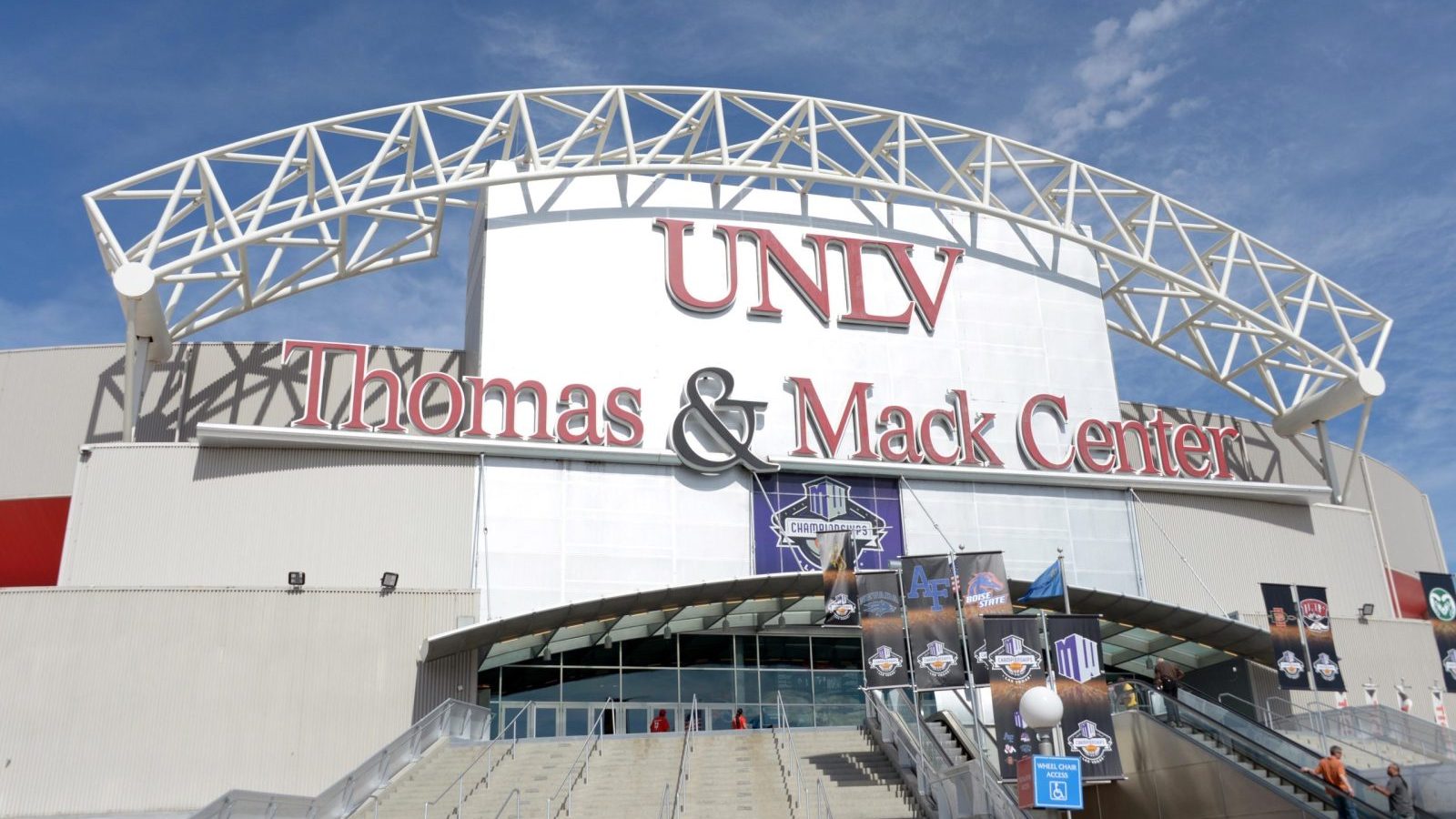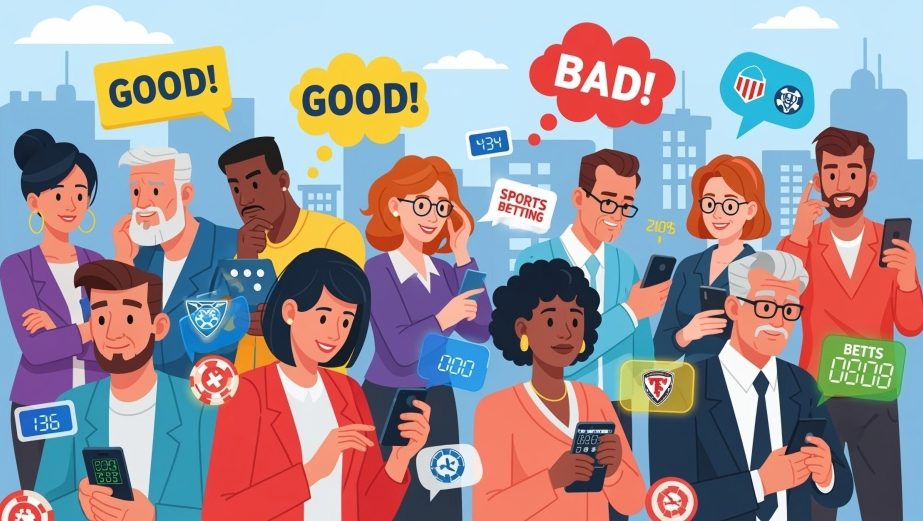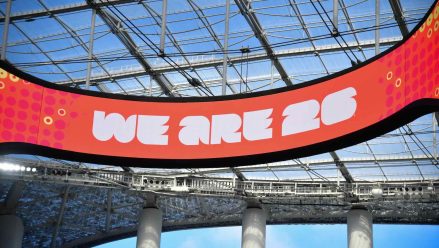AI is everywhere now, and the University of Nevada Las Vegas International Gaming Institute (IGI) is joining in with the AiR Hub research center, launched in May.
The IGI, founded in 1993, is a part of UNLV but functions as a stand-alone research institute in gambling and risk-taking research. The institute is considered interdisciplinary within the university, meaning it can take researchers from across multiple departments to contribute to its research, IGI Executive Director Dr. Brett Abarbanel explained.
The AiR Hub — which stands for Artificial Intelligence Research Hub — aims to tackle the intersection of AI and gambling.
The Hub is set up as a purely research-motivated institute with an advisory panel of industry members to avoid funding bias.
“We have pretty strict firewalls that we set up around funding,” Abarbanel said. “It doesn’t matter the source.”
Researchers work with the advisory panel, who also provide some of the funding, to get data for AiR Hub’s projects. The panel can also offer expertise in interpreting said data.
The flagship program of AiR Hub will be the State of AI in Gaming report. The annual report will serve as an index for the gaming industry on AI and gambling. Researchers will survey current use cases throughout AI in gambling, from marketing and customer experience to operator systems and B2B providers.
The project may also compare the use of AI in gambling to other sectors, such as healthcare or finance. The goal is for the report to be a go-to resource for anyone in the gaming industry.
Ethical use emphasized
Abarbanel emphasized ethical AI, or “using AI for good,” as one of the goals in creating the new space. AiR Hub hopes to use its research on AI in the gaming sector as an application of responsible gambling tools and prevention of gambling harms.
Dr. Kasra Ghaharian, IGI’s director of research and one of AiR Hub’s founders, hopes the Hub will foster responsible adoption of the technology.
One of AiR Hub’s projects, OpenRG, puts that concept into practice with an open sciences application of AI and responsible gambling. OpenRG will serve as an overarching project across the Hub to create an open data presence within the responsible gaming sector, meaning datasets will be transparent and openly available for other researchers in the field.
“We want to provide an open source of tools and frameworks that can help support the use of AI for responsible and safer gambling,” Ghaharian explained.
The AiR Hub already has a few research projects in progress, many of which build off of each other. RG Benchmarks will be the flagship program under OpenRG. The program will assess AI algorithms to identify at-risk players, such as identifying data markers of harm.
Many companies already use algorithmic solutions to identify at-risk players, and RG Benchmarks will act as an evaluation of the efficacy of those solutions. Although companies do employ algorithms, once they’re in practice, there is little transparency on how the models are constructed, Ghaharian explained.
RG Benchmarks aims to develop a way to measure the results of different AI solutions in responsible gambling, possibly as a series of datasets, and hopefully point out areas that are working and areas for improvement.
“Effectively, there are these algorithmic solutions that claim to be able to identify players who might be at risk, but there’s currently no way of actually assessing how well those systems work,” Ghaharian said. “That’s what we want to provide.”
Possible applications
The team hopes operators will be able to use RG Benchmarks as a tool to decide what type of risk detection system to use. Currently, operators might base their decision off a number of factors, such as affordability or ease, but soon they may be able to factor in efficacy.
Ghaharian described the vision of the project as a type of “living resource” to evaluate different solutions. Commercial solutions may come in and try to achieve an objective, and the research team would evaluate how effective they are. The AiR Hub can then make the evaluations easily accessible to companies, possibly creating a ranking system for companies to clearly see the results of how different solutions performed.
“We’re very early, we’re conceptualizing at the moment, so I don’t even know how it’s going to work exactly, but if I could say now what I saw as a success for the project, and what I’d be excited about seeing with it, is that it’s adopted by regulators and other gambling stakeholders as a useful resource,” Ghaharian said.
The AI and Player Risk Identification and Response project further builds on OpenRG and RG Benchmarks by applying the information to players’ behavior. Using the benchmarking data, operators may be able to flag certain problematic behaviors from players, or even detect risk of future problematic behaviors.
“We have so much predictive modeling capability now that a project like this one is about not just looking for harms, but looking at risks of harms, so that hopefully we can have some sort of intervention with someone who might be along that track, so they don’t actually go all the way down that track to harm,” Abarbanel said.







